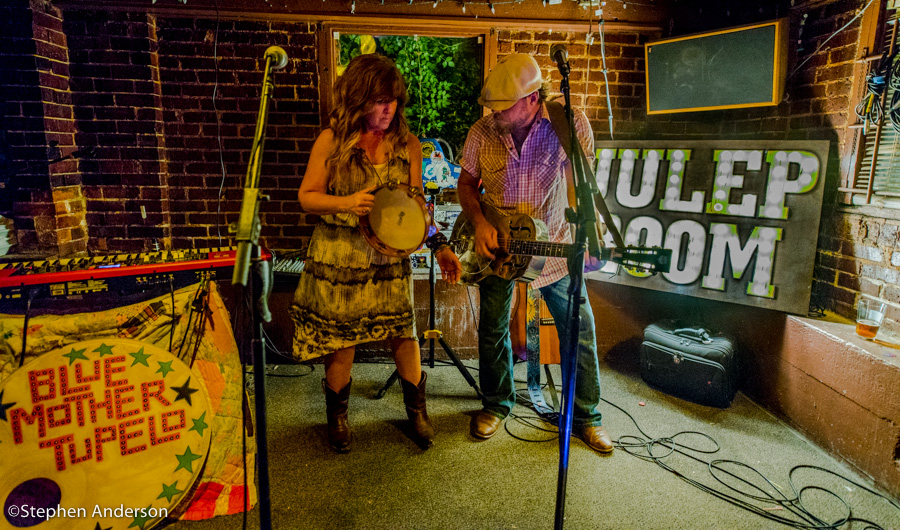Mississippi Blues Trail Series – Scott Radio Service Company in Jackson, MS

By Deborah Chatham
Photos by Stephen Anderson
Edited by Johnny Cole
The Southland Music Line continues our Mississippi Blues Trail Series at the marker recognizing Scott Radio Service Company located at 128 North Gallatin Street in Jackson, Mississippi.
Mississippi has a rich history of producing some of the most world-renowned musical artists. However, before World War II, Mississippi artists often had to seek alternatives to recording locally. Expensive recording technology left these artists with limited choices which usually involved going to recording studios in northern cities or finding local hotels to set up bulky portable recording equipment. Some recording was done at local radio stations that had the equipment for recording commercials and in-house programs. Little other options for professional recording were available in Jackson, MS at that time. Scott Radio Service stepped in to fill the void and became one of the first Mississippi businesses to provide professional recording technology.
 Top photo. Mississippi Blues Trail marker honoring the Scott Radio Service Company in Jackson, MS (photo by Mark Hilton); Above photo: Prior to the founding of Diamond Recording studios, Trumpet Records used the recording services at the Scott Radio Service Company. The original recording of “Eyesight to the Blind” by Sonny Boy Williamson II (Aleck “Rice” Miller) was recorded at the Scott Radio. This classic song would be covered by many artists, including The Who’s adaptation for their landmark rock opera “Tommy.”
Top photo. Mississippi Blues Trail marker honoring the Scott Radio Service Company in Jackson, MS (photo by Mark Hilton); Above photo: Prior to the founding of Diamond Recording studios, Trumpet Records used the recording services at the Scott Radio Service Company. The original recording of “Eyesight to the Blind” by Sonny Boy Williamson II (Aleck “Rice” Miller) was recorded at the Scott Radio. This classic song would be covered by many artists, including The Who’s adaptation for their landmark rock opera “Tommy.”
When World War II ended, changes in law, society, and technology created more choices in the recording industry. In 1947 Ivan W. Scott (1907-1986) along with Ernest A. Bradley, Jr. opened the Radio Service Company. In addition to being an appliance repairman, Scott worked in a variety of related roles, including jukebox operator, communications consultant, WRBC radio engineer, and Columbia Records representative. Ivan Scott quickly became the sole business proprietor, and he renamed the business Scott Radio Service. With his knowledge and background, Scott was able to provide much-needed local recording options. In the early 1950s, many studios were recording on tape, but Scott recorded music on a disc-cutting machine. The age of the vinyl record was emerging.
In late 1950 Trumpet Records began to use Scott Radio Service to record some of their early country, gospel, and blues artists. Scott Radio Service produced more than seventy recordings for Trumpet Records. Elmore James and Sonny Boy Williamson II were two of the first bluesmen to release records recorded at Scott. Other Trumpet-label blues artists followed, including Big Joe Williams, Willie Love, Luther and Percy Huff, Earl Reed, and Sherman Johnson. Trumpet Records recorded at Scott Record Service until 1954 when the McMurry Record Mart was remodeled and became Diamond Recording Studios. This change from selling records to recording artists was the original business plan of Lillian McMurry and her husband, Willard. Diamond Recording became the sole studio for recording artists signed to the Trumpet Records label.
The Scott Radio Service Company closed its doors in the mid to late 1950s. Limited information has been recorded about the history of this company. What is known is that Scott Radio Service provided much-needed recording capabilities for early Mississippi blues artists and used vinyl records to preserve their recording legacy.
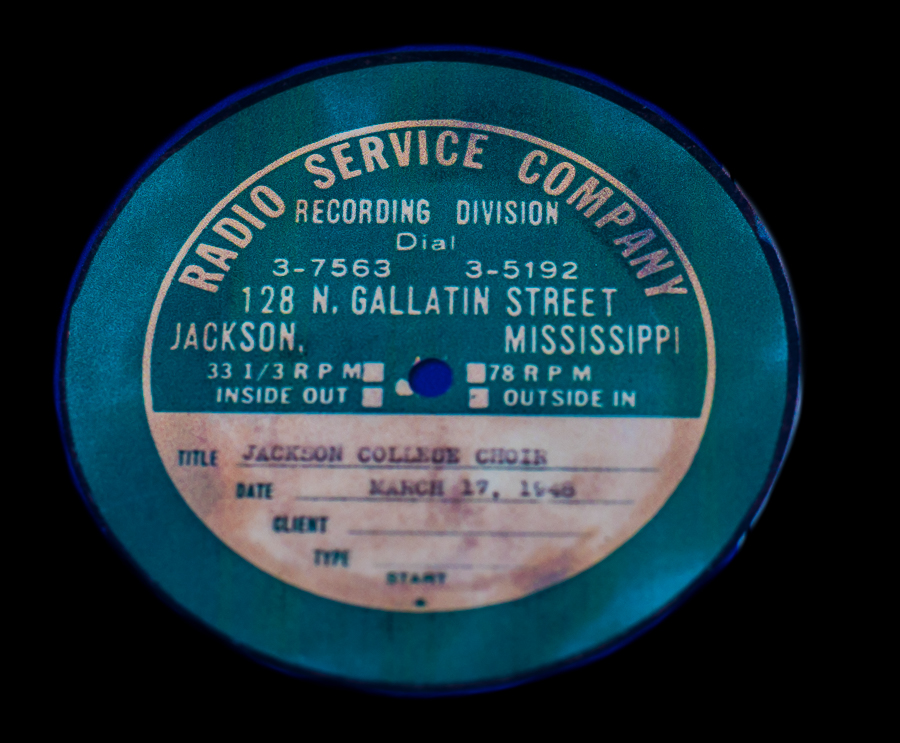 Scott Radio Service Company
Scott Radio Service Company
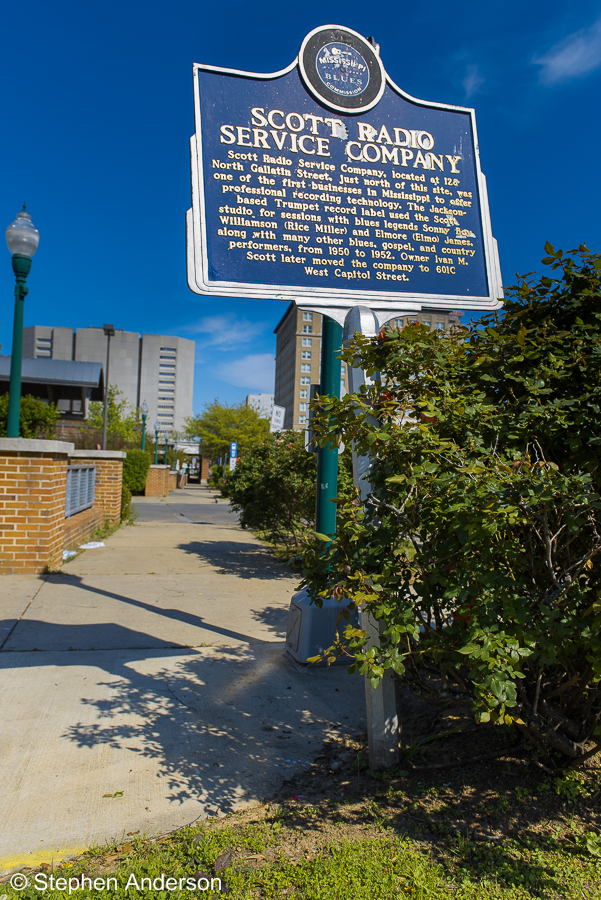 Scott Radio Service Company
Scott Radio Service Company
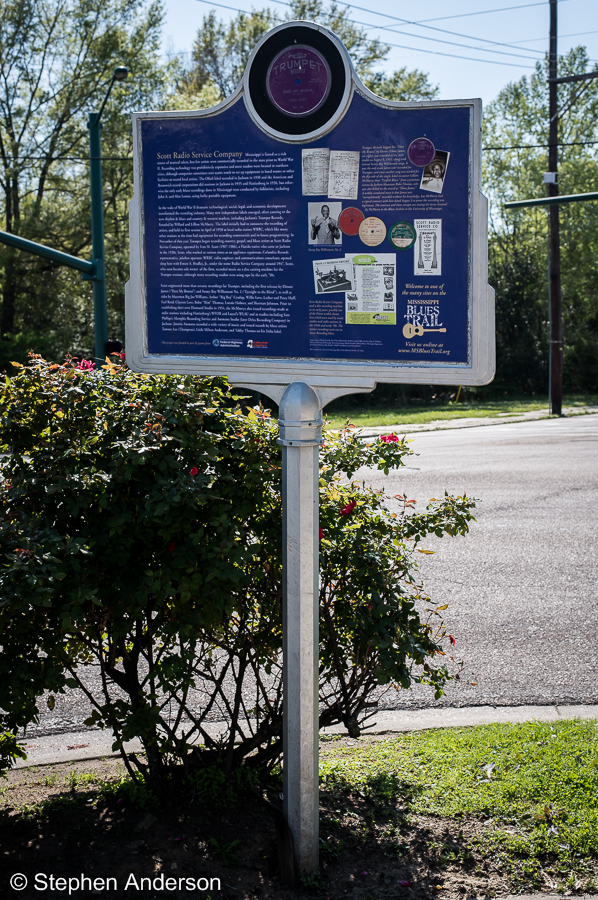 Scott Radio Service Company
Scott Radio Service Company
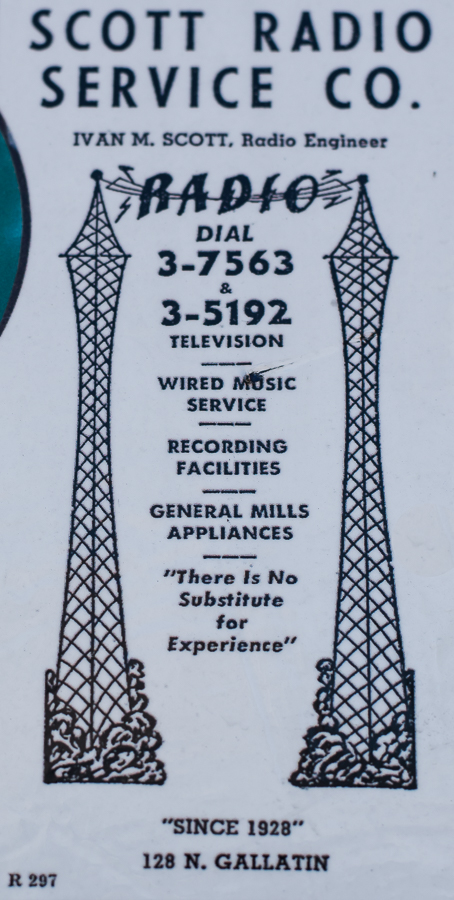 Scott Radio Service Company
Scott Radio Service Company
Click Here for Other Articles in our Mississippi Blues Trail Series.
References:
1. Mississippi Blues Commission
2. The Historical Marker Database
3. Mississippi Blues Trail. org
Page Designed & Edited by Johnny Cole
© The Southland Music Line. 2023.
All rights reserved
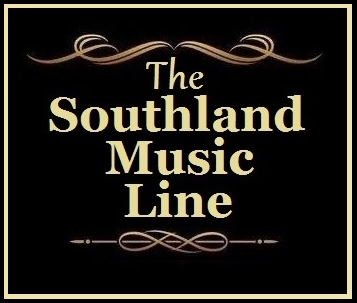
COPYRIGHT NOTICE: We welcome requests for permission to use content from The Southland Music Line website and Facebook page. Any shared articles or photos may not be altered, edited nor cropped and must include the appropriate copyrights of The Southland Music Line.


